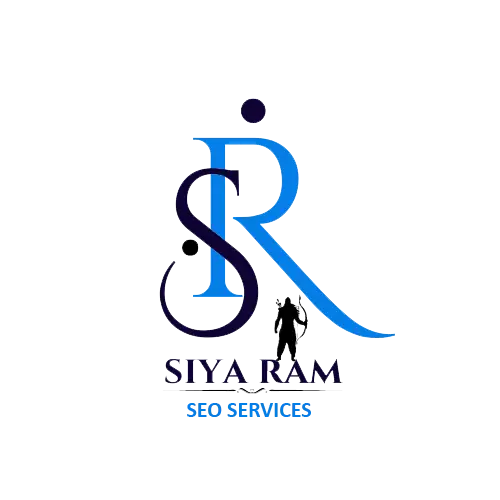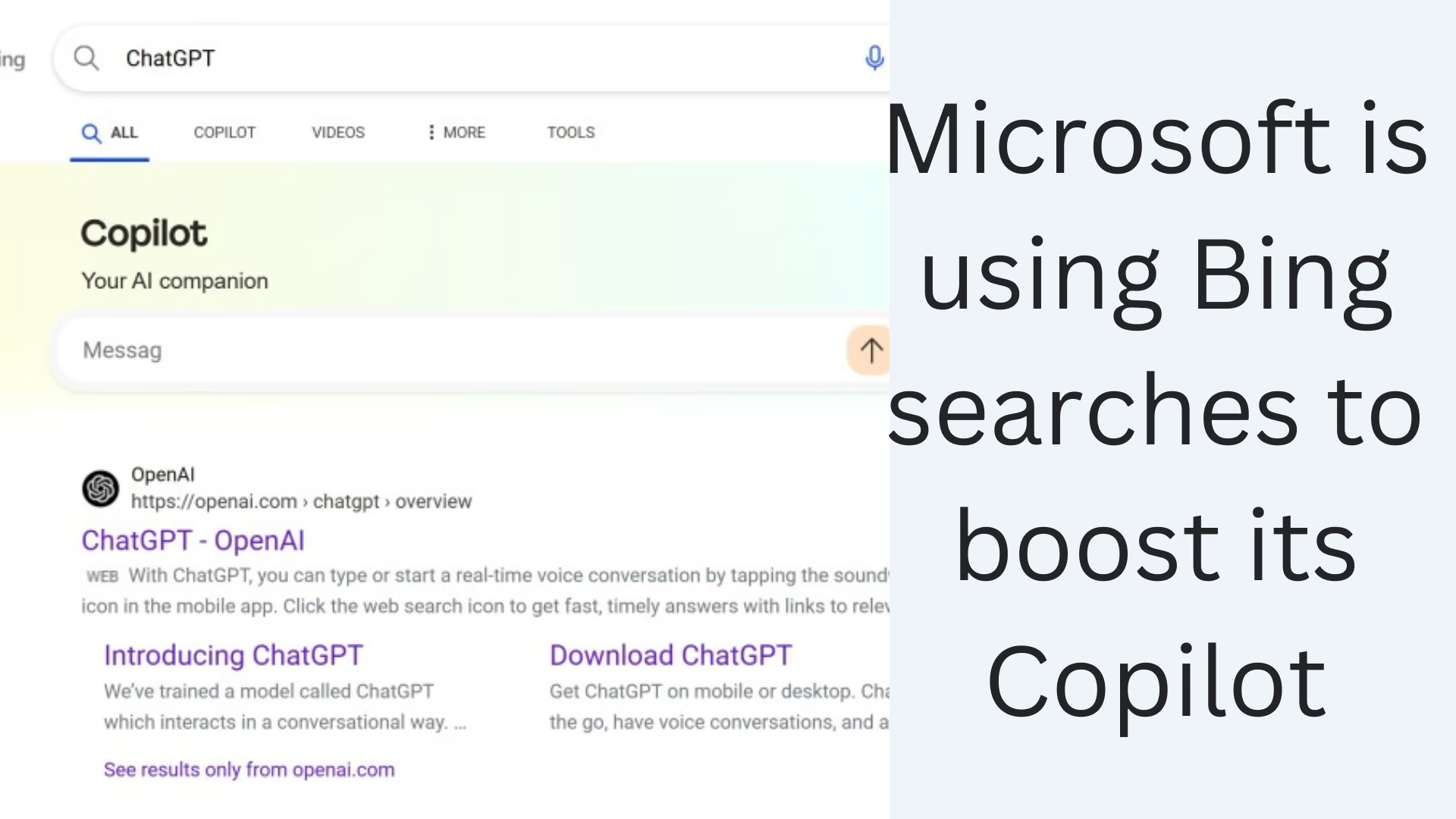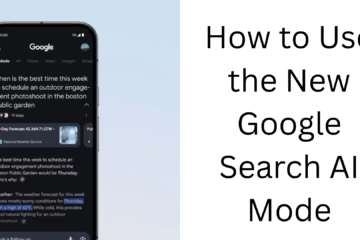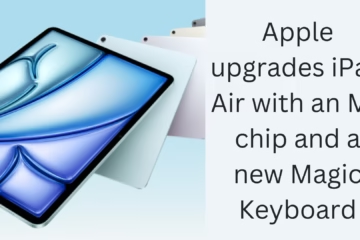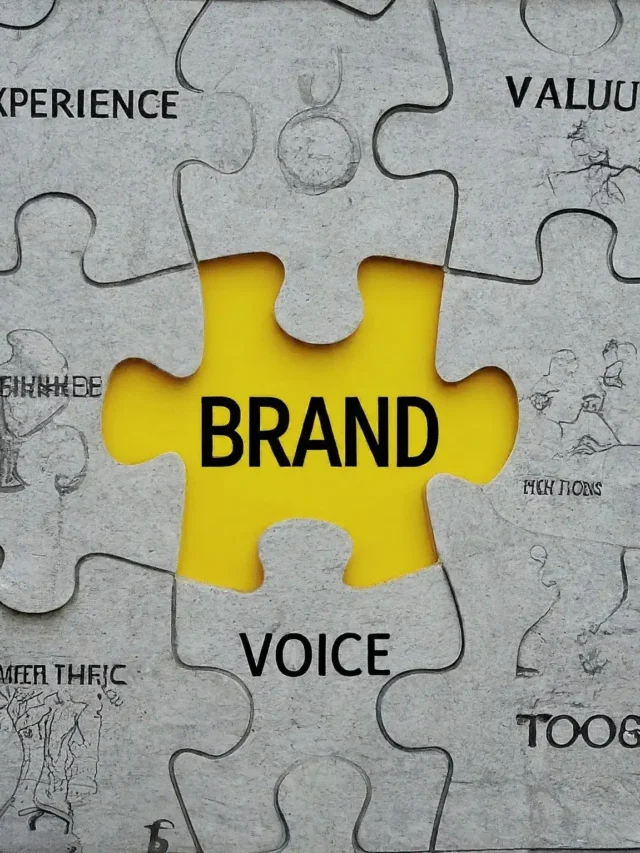Microsoft is once again in the news! The tech giant is now adopting a new and somewhat unique approach to promote its Copilot AI assistant. Microsoft is now targeting users who search for Copilot competitors directly through Bing search results.
This new marketing strategy from Microsoft adds an interactive “Copilot block” within Bing search results. If you search for any of the popular AI assistants like Gemini, Grok, Claude, ChatGPT, or Perplexity on Bing, you won’t just see generic links. Instead, you’ll see a prominent box where you can type any message directly from Microsoft Copilot itself. When you press “Enter”, Copilot opens in a new tab, so you can continue the conversation.
This is not the first time that Microsoft has used Bing search results to promote its other products and services. Earlier this year, Bing tried to copy the design of the Google homepage when searching for “Google”, but Microsoft had to withdraw it after a strong backlash from users.
Later, Microsoft took another approach. If someone searched “Google” on Bing, an additional search bar would appear at the top of the results page, already focused. This meant that if the user typed there, instead of going to Google, he would search only on Bing. Such strategies demonstrate that Microsoft is aggressively using its search engine to promote its products.
This new Copilot promotion strategy from Microsoft is definitely smart but also controversial. Now it has to be seen whether this method proves to be effective or it has to face criticism from the users like before. What is your view on this new step? Tell us in the comments!
Frequently Asked Questions (FAQ)
1. How is Microsoft promoting Copilot on Bing?
Microsoft has added a new “Copilot block” to Bing search results. When a user searches for an AI assistant like Gemini, Grok, Claude, ChatGPT, or Perplexity, they are shown an interactive box in which they can start a chat directly with Microsoft Copilot.
2. Is this the first time Microsoft has used such a strategy?
No, Microsoft has used Bing search to promote its products before. Earlier, Bing showed a design similar to Google’s homepage when searching for “Google”, but it was removed after user feedback.
3. Does this new Copilot promotion affect users’ experience?
It depends on how the user views it. Some may consider it a smart promotion from Microsoft, while others may call it a forced promotion that hinders their search experience.
4. Is Bing trying to influence other search engines?
Microsoft has previously manipulated Google-related searches on Bing. For example, searching for “Google” on Bing would display an additional search bar, which would keep the user’s search on Bing, not Google.
5. Has Microsoft received criticism for such promotions before?
Yes, Microsoft has faced criticism for such marketing strategies before. When they tried to show Google’s design on Bing, it was heavily criticized by users, after which it was removed.
6. Will this promotion of Copilot continue?
This will depend on Microsoft’s decision. If the response from users is positive, it may continue, but if it receives a negative response, the company may also discontinue it.
7. Can this strategy of Bing harm other AI assistants?
It is likely that this approach of Bing can pose a challenge for other AI assistants, as it directly promotes Microsoft Copilot and can prevent users from switching to other AI tools.
8. What do users think about this?
Some users are considering this a smart move by Microsoft, while some are calling it an unfair marketing strategy. How successful this strategy will be will be decided based on the response of users in the coming time.
